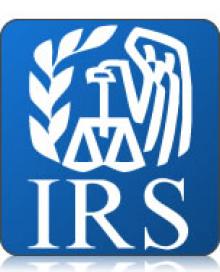 OK, it appears the Court is increasing fees again. Recently the Court raised fees, followed by a shifting of having Debtor's attorneys mailing Orders (ultimately an extra expense for Debtors), to the Court cutting back on staff. Now the fees are again being increased.
OK, it appears the Court is increasing fees again. Recently the Court raised fees, followed by a shifting of having Debtor's attorneys mailing Orders (ultimately an extra expense for Debtors), to the Court cutting back on staff. Now the fees are again being increased.Please see the email correspondence I recently received.
(PLEASE REMEMBER, I'm just the Messenger)
---
The Judicial Conference of the United States met on March 11, 2014, and approved changes to the Bankruptcy Court Miscellaneous Fee Schedule effective June 1, 2014. A summary of those changes follow:
The fee for filing a complaint increases to $350.00.
The following administrative fees are increased to the totals noted:
- For the filing of a petition under Chapter 7, 12, or 13, $75.00.
- For the filing of a petition under Chapter 9, 11, or 15, $550.00.
- When a motion to divide a joint case under Chapter 7, 12, or 13 is filed, $75.00.
- When a motion to divide a joint case under Chapter 11 is filed, $550.00.
As a consequence the increases effective June 1, 2014, the full fee for filing a -
Chapter 7 will be $335.00
Chapter 9 will be $1,717.00
Chapter 11 will be $1,717.00
 Chapter 12 will be $275.00
Chapter 12 will be $275.00
Chapter 13 will be $310.00
Chapter 15 will be $1,717.00
---
So, what is the change for Chapter 7 and Chapter 13 Filers?
For Chapter 7, the fee is increased from $306.00 to $335.00.
For Chapter 13, the fee is increased from $281.00 to $310.00.
That's right, a $29.00 increase.
If you feel like giving me your feedback on this, I certainly understand. Do you think there should be a limit as to what the filing fees should be to file bankruptcy?






